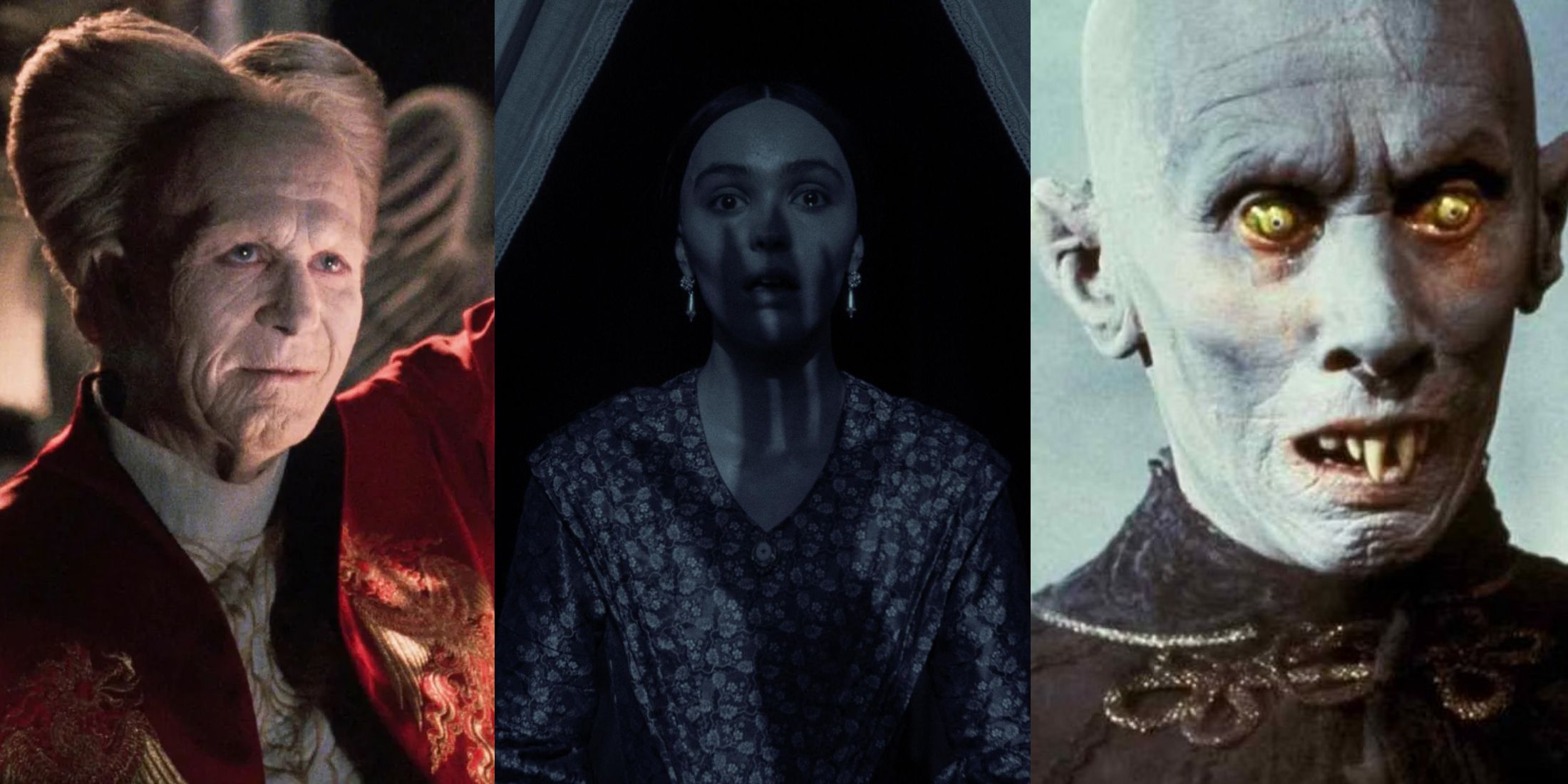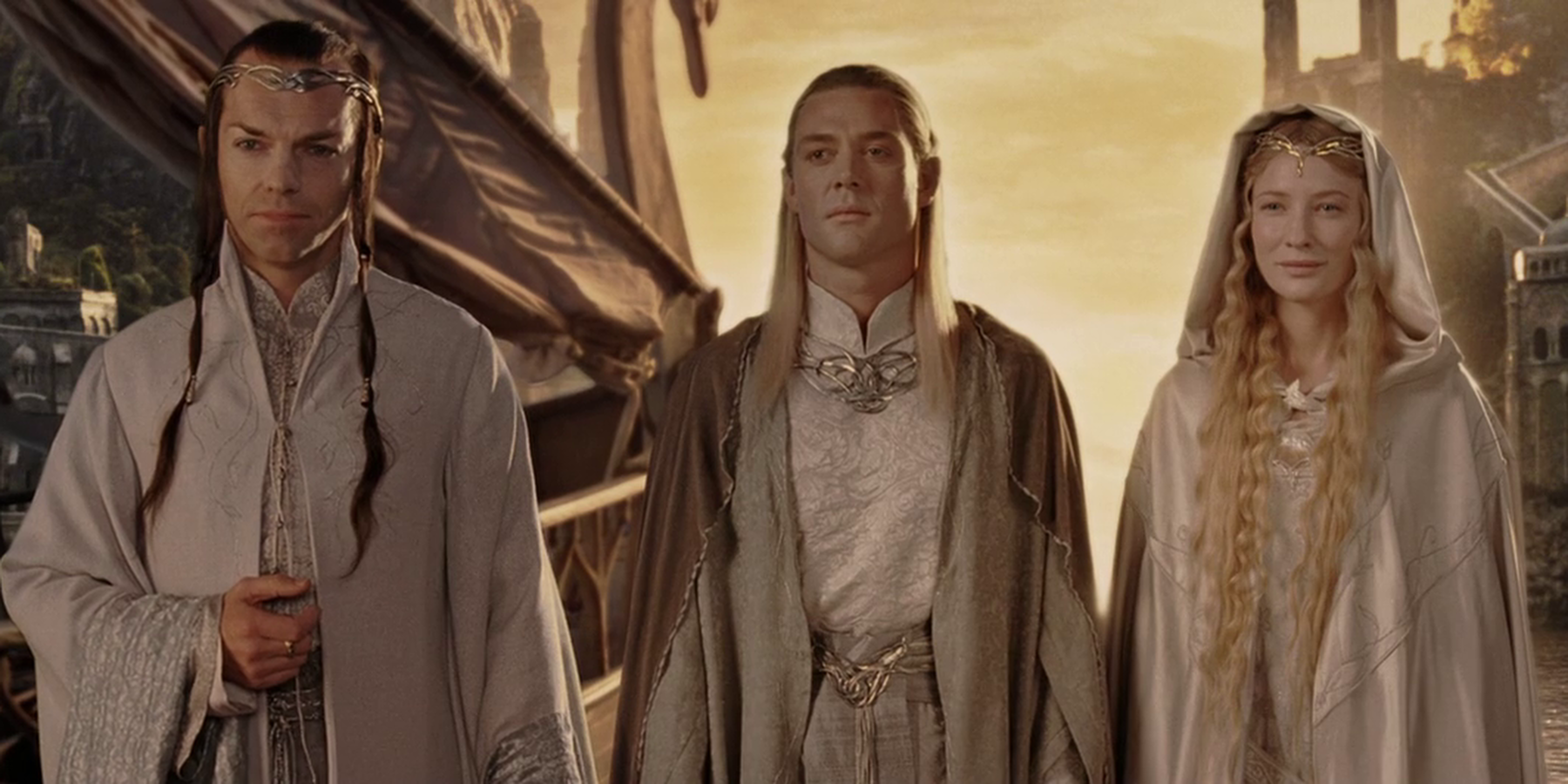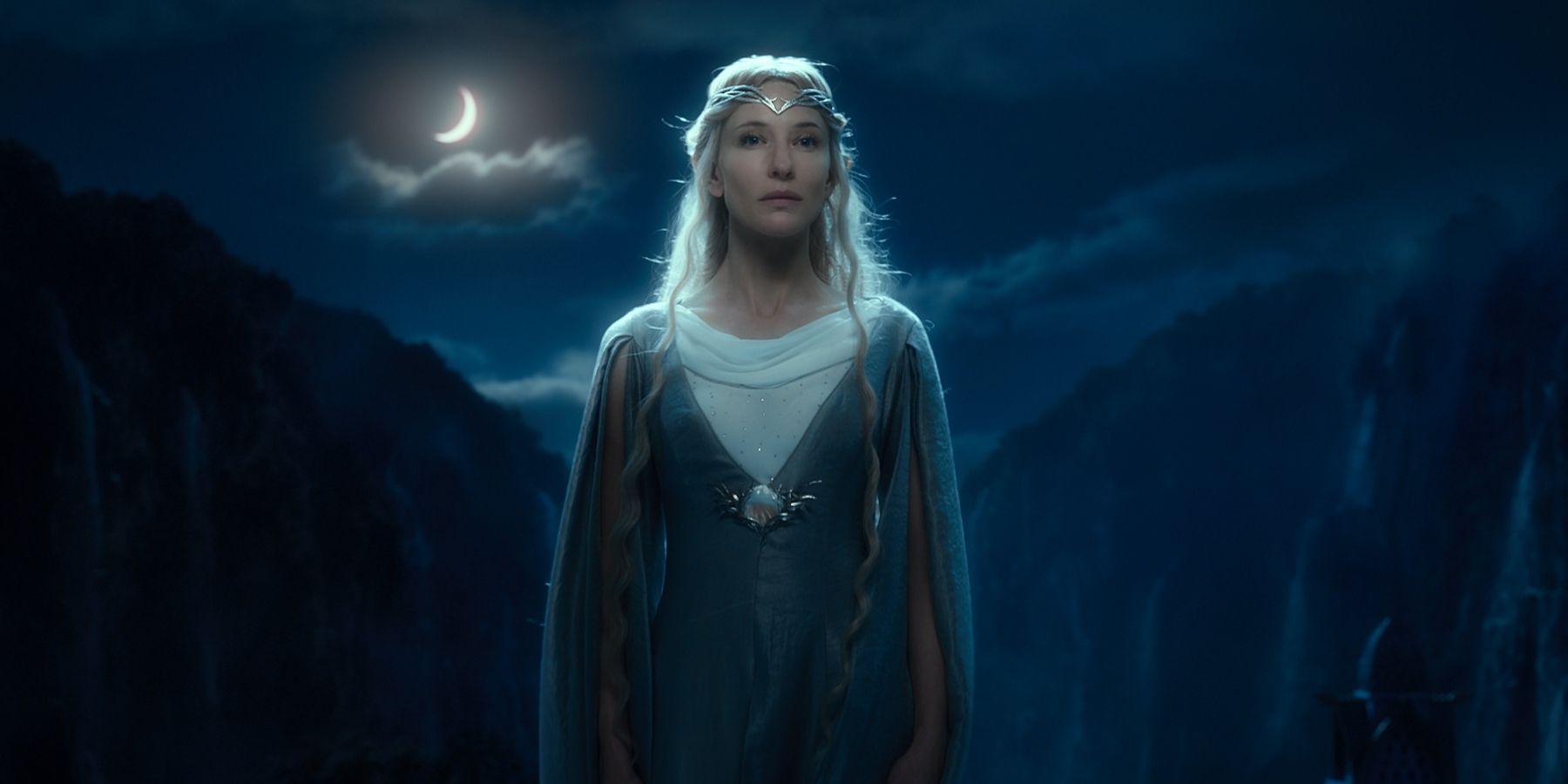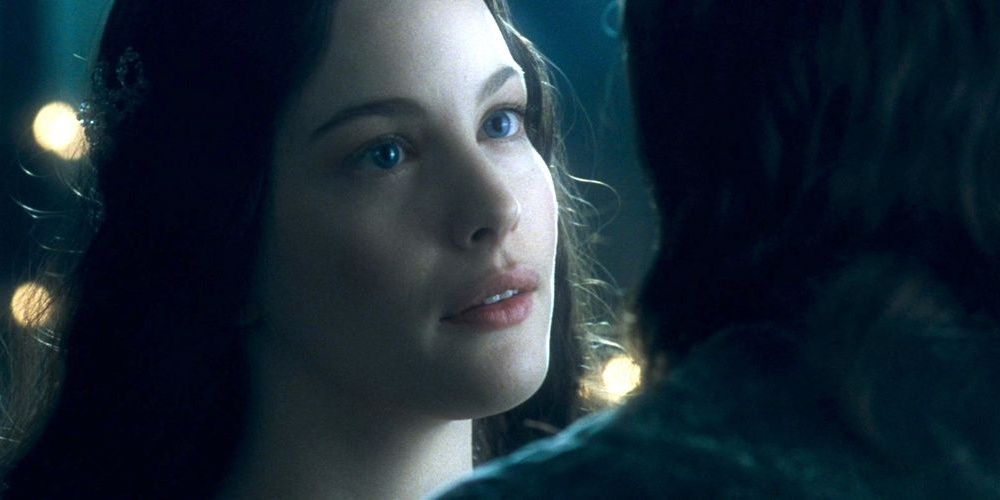One of the more confusing parts of Tolkien's lore in Lord of the Rings is the Undying Lands and the reason why all of the Elves had to depart Middle-earth. In the films, the Elves are shown making the journey to leave Middle-earth, and it becomes a big part of Arwen's storyline, but it's never fully explained why they are doing this. Is this a journey they make the choice to go on, or is it a natural compulsion that leads them to make the trip? Despite being called the "Undying Lands", this process initially sounds like a sort of death and rebirth in Heaven for the Elves, but is this really the case?
Understanding why the Elves left Middle-earth is dependent on understanding their purpose in the world, and what their role within the realm is. The Elves are very different from other Middle-earth races, and are deific in their own way, as they possess this kind of splendor that was usually only attributed to the more godlike figures of the world. Going away to the Undying Lands wasn't the same as an exile or a punishment, but it was rather a sort of reward, and a final gift given to the Elves by the ones who sent them to Middle-earth in the first place.
The Elves felt compelled to leave Middle-earth because the Valar (deities of Tolkien's world) were spiritually summoning them to their ultimate destinies. The Valar saw the Elves as a race above the others, and thought that they would fare better if they lived in the Blessed Realm (also known as Aman) with the Valar. When the Elves first awoke, Middle-earth was a dark and dangerous place, and the Valar wanted to protect them. They extended an invitation to the Elves to join them in Valinor, and those who accepted were called the Eldar (or "high Elves") and those who chose to stay were known as the Avari (the Unwilling).
Elves are technically immortal, meaning that they don't die of old age in the same way that Men do, but they can still die from different causes, such as death in battle. The spirits of Elves who died in Middle-earth went to Valinor, where they could reflect on their lives and one day be restored to a physical body that was confined to Valinor. These spirits could choose not to go to Valinor, but that would also forfeit their right to rembodiment. This was particularly dicey when Melkor (the first Dark Lord) dwelt in Middle-earth, because he would force these Elvish spirits who had refused Valinor to do his bidding.
A number of high Elves exiled themselves from Valinor in order to wage war against Morgoth, who had killed one of their leaders and stolen from them. After Morgoth was defeated, the Valar once again invited the Elves to come to Valinor, but some of the high Elves chose to stay in Middle-earth for a while (Galadriel, for example). They also gave the Elves a desire buried deep within them - that could arise at any time - to seek out the Blessed Realm. This mostly bubbled up when the Elves were overcome with the fear of "fading", which was a death-like fate that Elves could encounter if they spent too long in Middle-earth without leaving for Valinor.
The true definition of "fading" isn't exactly clear in Tolkien's work, but it is generally understood that a "faded" Elf would become a sort of ghost or spirit that could either be apathetic towards the world of the living or cause harm to it, particularly to mortal Men. This is why the Valar gave the Elves the inner desire to travel across the sea to Valinor, so that their spirits could be restored and they could be given new physical bodies. Elves who remained in Middle-earth would die, but not in the same way as Men who aged. Men's spirits left the world to "seek elsewhere", the spirits of Elves would remain in the world until the end of Time, after which point no one knew what would happen to them.
Arwen forfeit her journey back to Valinor in order to stay with Aragorn, but her case is special because she chose to give up her status as an immortal Elf and essentially became a mortal woman, succeptible to aging and death in the same way that Men are. She did this so that she could be with Aragorn and also not have to deal with the eventual fading of her physical form. Other Elves, particularly the high Elves like Galadriel, travelled back to Valinor at the end of Lord of the Rings, which was basically like a homecoming for them. Elves who were not counted amongst the rank of high Elves (such as Legolas) who had never lived in Valinor in the first place were still invited to travel there as their race began to fade after the War of the Ring.
There were also some who did not go immediately, but did eventually chose to make the journey over the sea. Legolas, for example, stayed in Middle-earth for many years, only choosing to go to the Undying Lands after Aragorn's death. Interestingly, Legolas also asked Gimli to accompany him because of their close friendship, making Gimli the only Dwarf to ever travel to Valinor. A few other non-Elvish characters were also given the opportunity to go to the Undying Lands, such as Gandalf (though his status as a Maia automatically allowed him this privilege) and Frodo, as a reward for his heroic deeds during the War. The time of Elves was over, and the reign of Man had begun. The Elves knew that their time was running short, which was why so many chose to travel to the Undying Lands at the end of the story.






